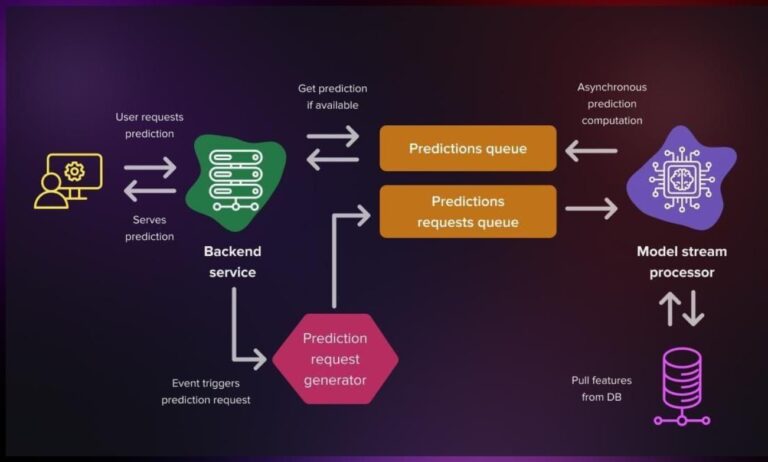Implementing machine learning (ML) models in real-world applications is a significant step from theoretical data science models to practical solutions. This transition requires a thorough evaluation to ensure that the models perform well under production conditions. For data science practitioners in Chennai, enrolling in a data science course can be immensely beneficial for mastering these evaluation techniques. Here’s a step-by-step guide to assessing ML models in production environments.
Understanding Model Deployment
Before diving into model evaluation, it’s crucial to understand the deployment process. Deployment is the method by which a machine learning model is integrated into an existing production environment to make real-time predictions based on new data. Effective deployment means that the model’s theoretical effectiveness translates into actual performance improvements.
Data Integrity Check
Once deployed, the first step in evaluating an ML model is to ensure data integrity. This involves verifying that the model receives data in the format it expects and that the data is clean and representative of the real-world conditions the model will encounter. Regular audits of incoming data are necessary to maintain this integrity.
Performance Metrics
Evaluating an ML model’s performance involves more than just looking at accuracy. Other metrics like precision, recall, and F1-score can provide more insights into how well the model is performing, especially in classification tasks. A data science course typically covers these metrics in detail, providing students with the tools to apply them effectively.
Real-time Monitoring
Continuous monitoring of the model’s performance in real time is essential. This involves tracking how the model’s predictions compare to actual outcomes as new data comes in. Tools that automate these comparisons can help quickly identify issues that might not have been apparent during initial testing.
Feedback Loops
Incorporating feedback loops into the model evaluation process allows for continuous improvement. By systematically using the results of the model’s predictions to fine-tune and retrain the model, data scientists can adapt to changes in underlying data patterns or external conditions.
A/B Testing
A/B testing involves running the new ML model in parallel with the old model to compare performance. This method provides a clear picture of whether the new model offers significant improvements over the previous one, ensuring that changes are beneficial before full-scale implementation.
Impact Assessment
Beyond technical performance, it’s important to assess the impact of the ML model on the business or operation. This includes evaluating whether the model helps achieve the desired outcomes, such as enhanced efficiency, cost reduction, or improved user satisfaction.
Scalability and Maintainability
Evaluating a model’s scalability involves understanding its performance as the amount of input data grows. Maintainability assesses how easily the model can be updated, modified, or fixed. Both are critical for long-term operational success and are often emphasized in advanced data science courses in Chennai.
Legal and Ethical Considerations
Finally, it’s vital to evaluate legal and ethical implications, especially with models used in sensitive areas like personal data processing. Ensuring compliance with regulations and ethical guidelines is crucial to maintain trust and legality.
Conclusion
Evaluating ML models in production is crucial for bridging the gap between theoretical data science as well as practical application. It ensures that models perform as expected in real-world conditions and continue to meet organizational needs over time. For professionals in Chennai, undertaking a data science course in Chennai can equip them with the necessary skills to conduct thorough evaluations and maintain high-performing ML models. This ongoing process not only enhances model reliability but also drives innovation and competitive advantage in the rapidly evolving field of data science.
BUSINESS DETAILS:
NAME: ExcelR- Data Science, Data Analyst, Business Analyst Course Training Chennai
ADDRESS: 857, Poonamallee High Rd, Kilpauk, Chennai, Tamil Nadu 600010
Phone: 8591364838
Email- enquiry@excelr.com
WORKING HOURS: MON-SAT [10AM-7PM]
